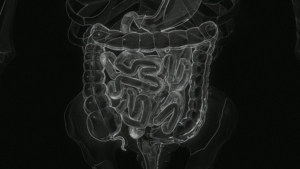Uniqure from now on alone
Italian pharma company Chiesi Farmaceutici withdraws from a co-development agreement with gene therapy pioneer Uniqure. This will add US$1.5m to Uniqure's expenses this year.
After a four-year-collaboration Chiesi has opted out from a co-development und commercialisation deal around Uniqure’s haemophilia B gene therapy AMT-060. The split gives the Amsterdam-based biopharma company the full rights to AMT-060 but leaves it without a pharma partner for upcoming pivotal trials. We are very pleased to reach an agreement with Chiesi to acquire back European and other territorial rights to our lead gene therapy programme in haemophilia B, states Matthew Kapusta, CEO of Uniqure B.V. The Dutch gene therapy specialist will be responsible for all future development costs, including US$3m of expenses in 2017, which would have otherwise been shared with Chiesi. Chiesi’s decision was driven by recent changes in our strategic priorities, states Ugo Di Francesco, CEO of Chiesi S.p.A. According to Uniqure there will be sufficient cash to fund operations into 2019.
Back in 2013 Chiesi not only received the rights to commercialise AMT-060 in certain markets. It also obtained rights to Glybera, a gene therapy treatment for a rare blood disease. In April Uniqure announced that it will not pursue the European marketing renewal for Glybera (alipogene tiparvovec) which is due to expire in October 2017. Glyberas usage has been extremely limited and we do not envision patient demand increasing materially in the years ahead, stated Kapusta earlier this year. Italian Chiesi helds the European commercialisation rights to Glybera. Uniqure will continue to make the product available to Chiesi to treat any patients that are approved for treatment prior to October 2017. Glybera was approved in 2012 for the treatment of an ultra-rare blood disorder known as familial lipoprotein lipase deficiency (LPLD). Since its approval, the €1m drug has only been used to treat one patient.
A few weeks ago, the Dutch company announced they had successfully developed and optimised a reproducible and scaled-up manufacturing process to produce its lead gene therapy candidate AMT-060 at its facility in Lexington, Massachusetts. This should enable the company to meet the requirements of both the U.S. Food and Drug Administration and the European Medicines Agency.



 Unsplash+
Unsplash+